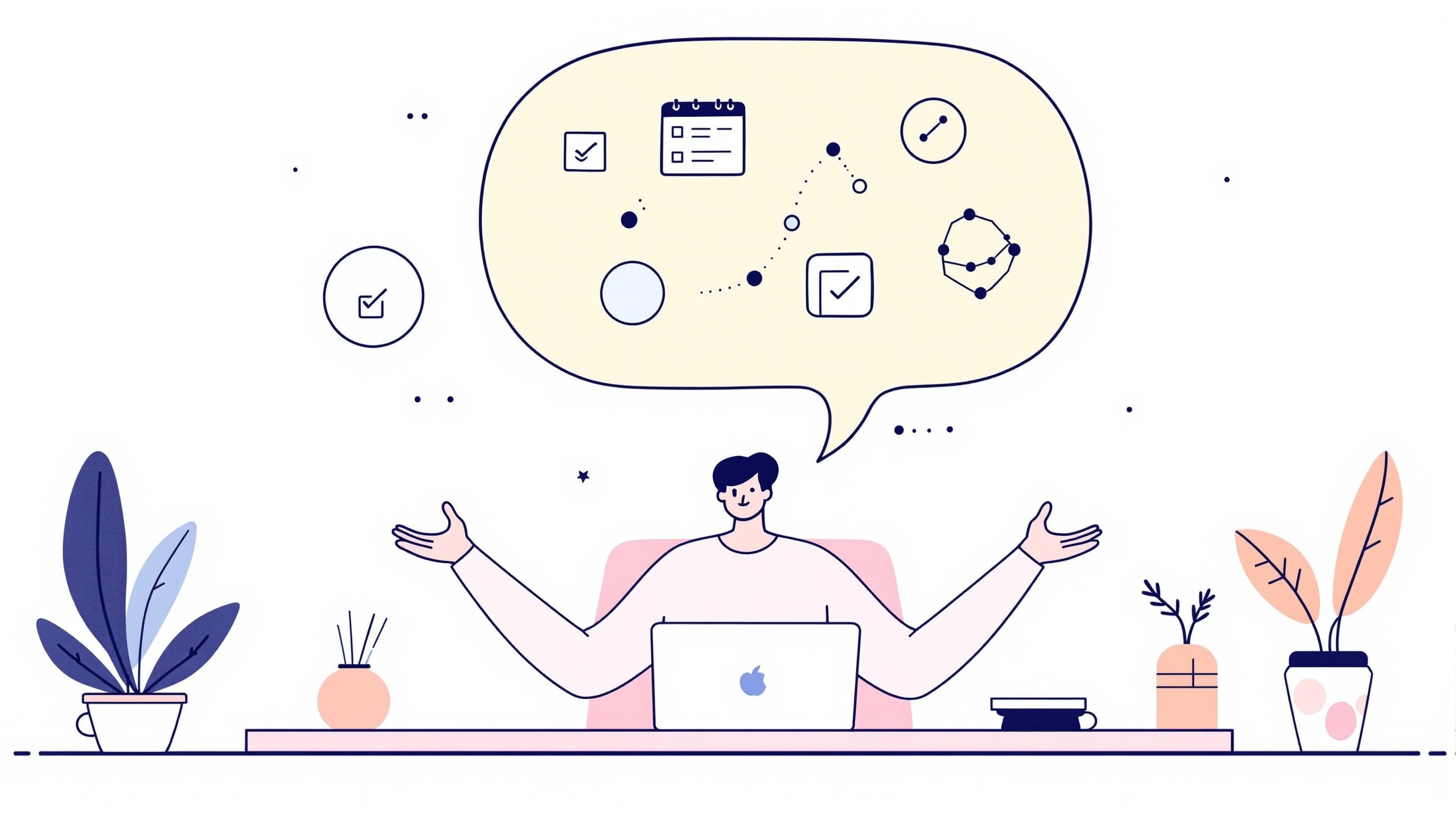NDIS Insight
ndis
Prepare for an NDIS Planning Conversation: Using LLMs to Get Started
Updated 9/9/2025
Learn how to leverage LLMs like ChatGPT to streamline your NDIS planning conversation preparation with confidence.
9 min read

ndis
disability-support
NDIS planning
LLMs in NDIS